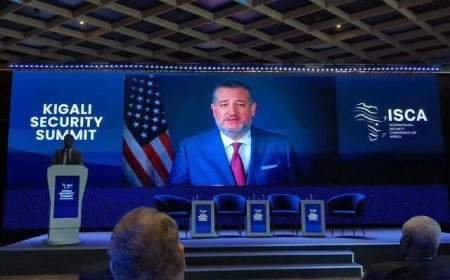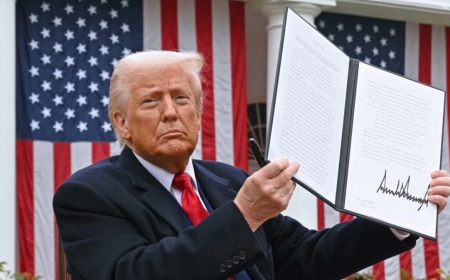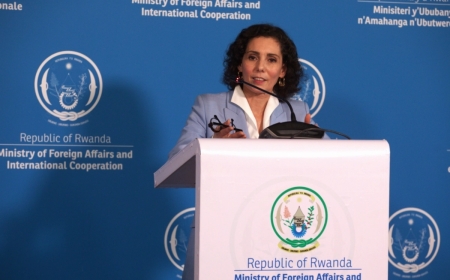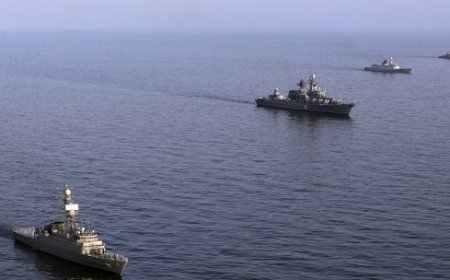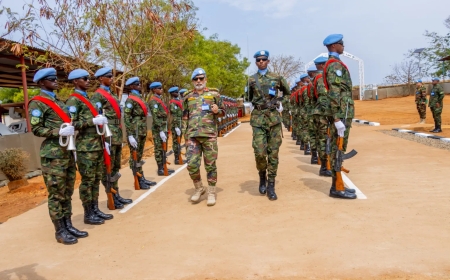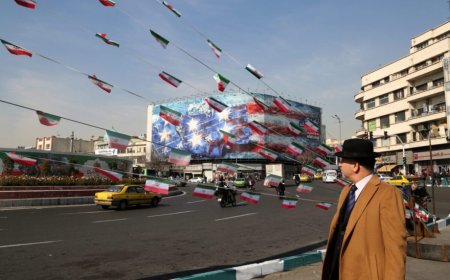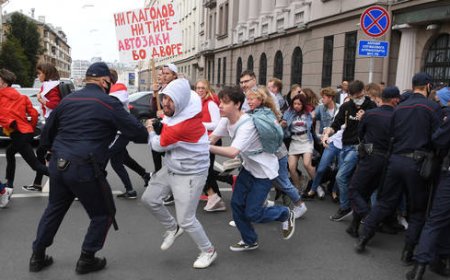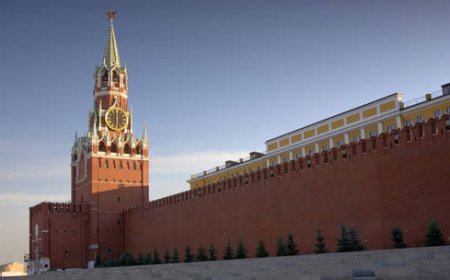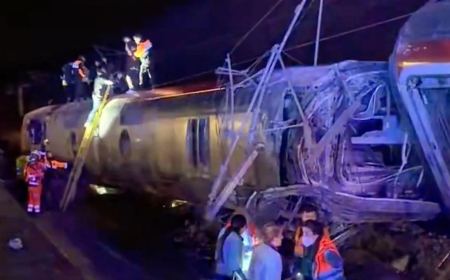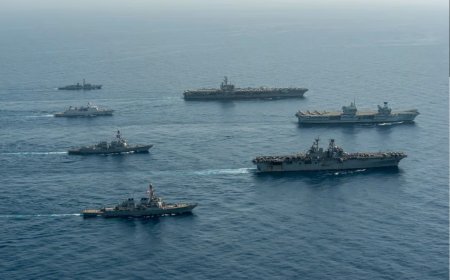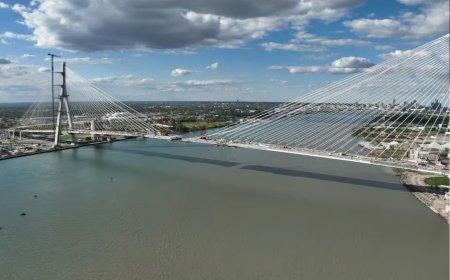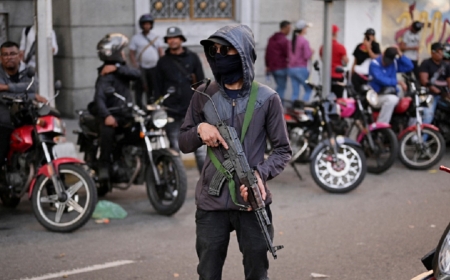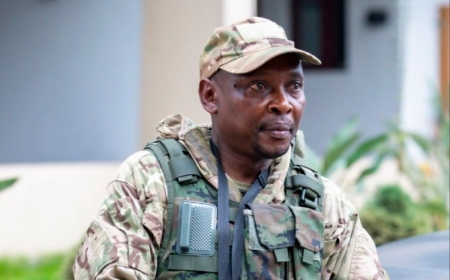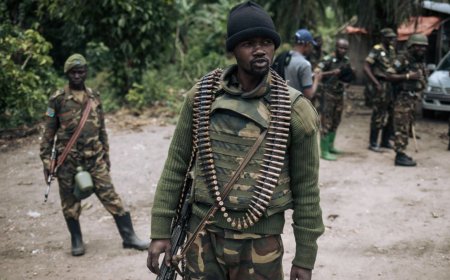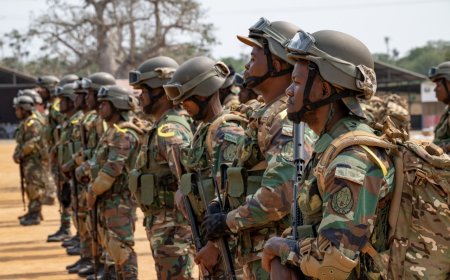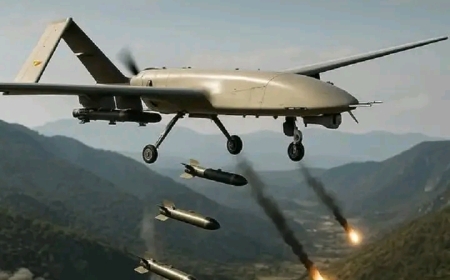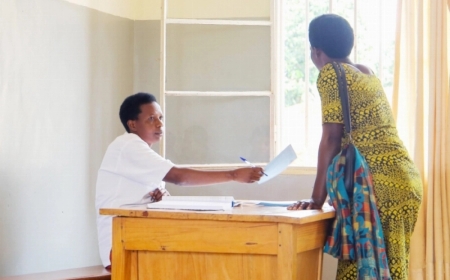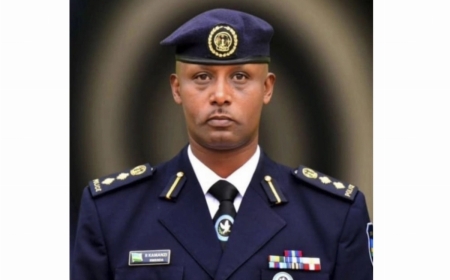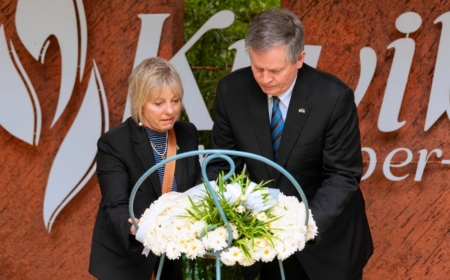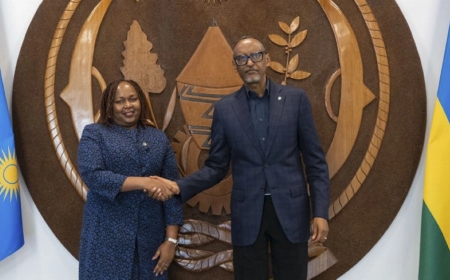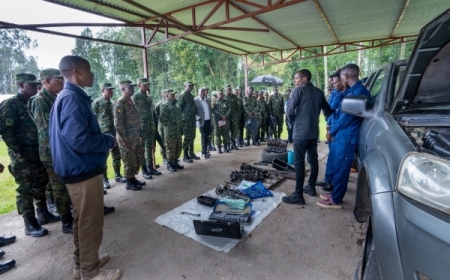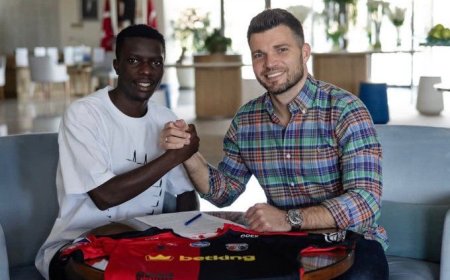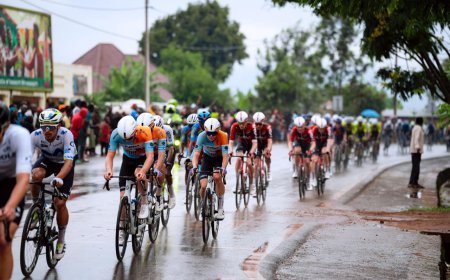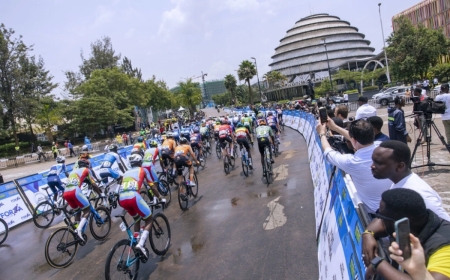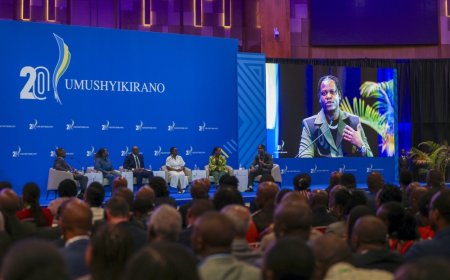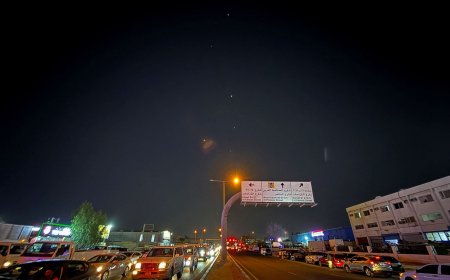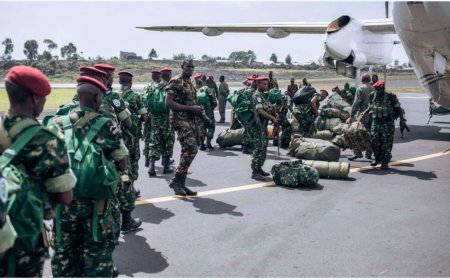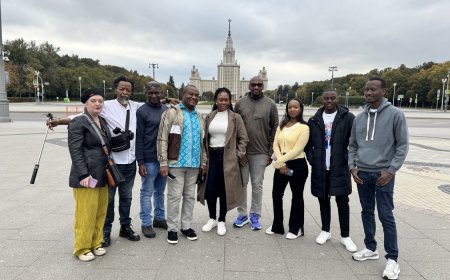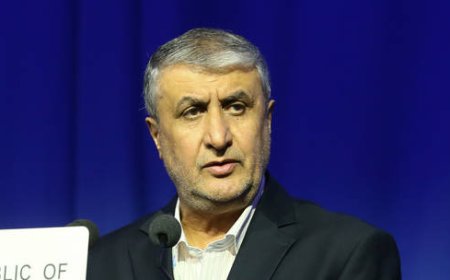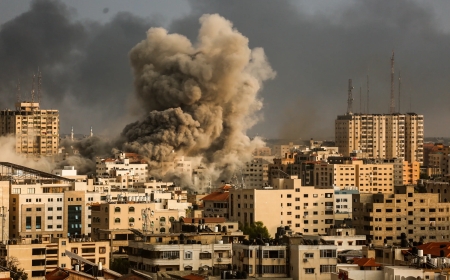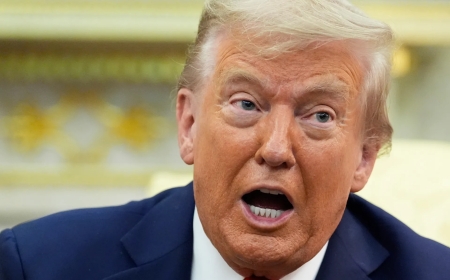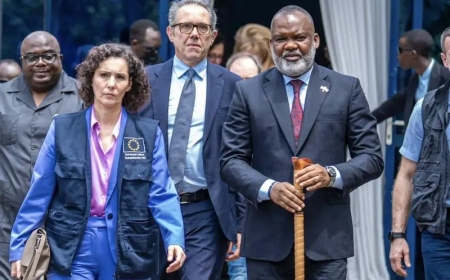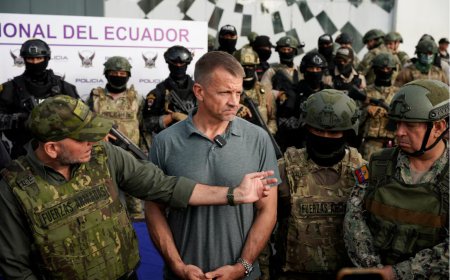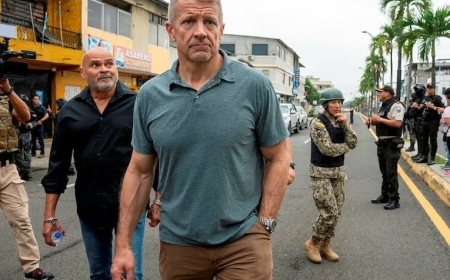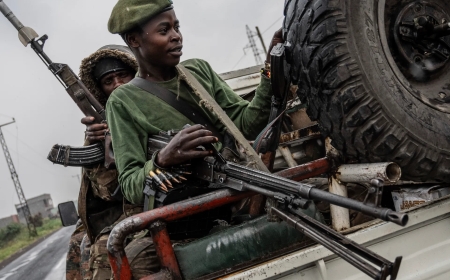Burundian army panics over AFC/M23 'advance' in South Kivu
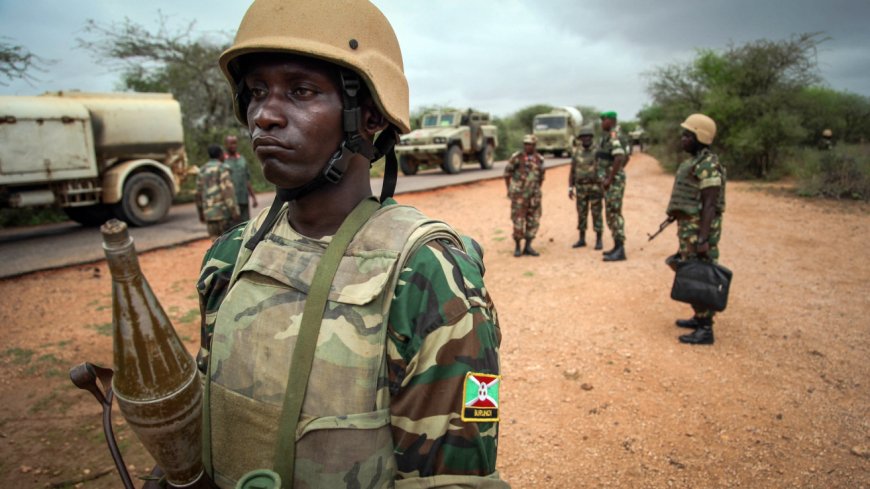
Burundian troops stationed in eastern DRC’s South Kivu province have panicked as speculations of AFC/M23 rebels’ possible advance towards Uvira go viral. Uvira is a strategic town in a vast Congolese territory bordering Burundi.
In October, AFC/M23 sent a delegation to meet Burundian President Evariste Ndayishimiye, warning him of heavy consequences if he would not order his army to exit eastern DRC. But the rebels’ call fell on deaf ears.
Instead of ordering a tactical retreat, Burundian commanders ordered their soldiers to remain in position, intensify defenses, dig more trenches, and threatened that any soldier who withdraws would face severe consequences.
The gravity of the situation was underscored by Deputy Land Forces Commander of the Burundian Army (FDNB), Brig. Gen. Elie Ndizigiye, who convened a series of meetings with brigade commanders of units deployed in South Kivu in early November 2025.
Ndizigiye instructed them to prepare for repelling the AFC/M23 advance rather than the humiliating withdrawals previously seen in North Kivu. He claimed the current confrontation "is no longer about the DRC, but about Burundi itself."
Burundian security sources confirmed that Gen. Ndizigiye warned brigade commanders that a potential alliance between Twirwaneho, a self-defense group for the Banyamulenge community, and AFC/M23 rebels in South Kivu would likely lead to a swift collapse of Burundian control, allowing strategic areas near the Burundian frontier to fall into rebels’ hands.
Ndizigiye’s warning reflects Burundi’s growing desperation over the possible fall of Uvira town and lack of confidence in the loyalty of Burundian soldiers deployed in eastern DRC. His concern is rooted in the documented collapse of morale following the army’s forced deployments, outdated weaponry, and fighting with no cause.
One Burundian army captain, who deserted the military after refusing deployment, expressed the deep disappointment felt by many soldiers.
“For a professional soldier to engage in combat, there must at least be the motive for the conflict," he said, adding, "He must also measure his strengths and weaknesses and those of the enemy. But in the current situation we are being asked to go and fight blindly.”
Against the backdrop of a demoralized army whose defeats in North Kivu were already secured despite 24 battalions (over 25,000 soldiers) deployed alongside the Congolese army coalition then made up of over 60,000 armed personnel, President Evariste Ndayishimiye has resorted to an alarming tactic.
In an apparent attempt to force obedience, a local source revealed that in May 2025 Ndayishimiye deployed Imbonerakure, the ruling party’s radical youth militia, to the DRC border. Their mandate is simply to collaborate with military police in monitoring and deterring any Burundian soldiers who would attempt to flee the possible battle in Uvira.
Reports from Burundian troops stationed in Uvira suggest the Imbonerakure are operating clandestinely as internal censors, monitoring soldiers for signs of dissent. In some cases, they are tasked with executing those who openly criticize FDNB’s politically driven deployment in eastern DRC.
Despite internal fear and low morale, the FDNB headquarters continues to supply arms and ammunition to the forces in DRC, coupled with the strategic stationing of heavy weaponry in Cibitoke province, which borders Uvira.
In May alone, records show the deployment of two BM-21 rocket launchers and two 120 mm mortars to Cibitoke military camp, with additional artillery units positioned in Buganda and Mabayi. Further, four BM-21 launchers and four 120 mm mortars were relocated from Mwaro to Division One headquarters in Ngagara, Bujumbura.
With the speculations of the capture of Uvira looming, the panicked response from Burundi’s army headquarters confirms fears that the area’s fall would not merely be a battlefield loss but a crisis triggering chaos in Bujumbura after hosting the fleeing armed militias and severe economic hardship.
